
FCC SDoC Requirements for Electronic Products
In the United States, certain electronic products must be accompanied by a Supplier’s Declaration of Conformity (sdoc). This is a self-issued compliance statementsupported by laboratory test reportsto demonstrate compliance with fcc regULations.
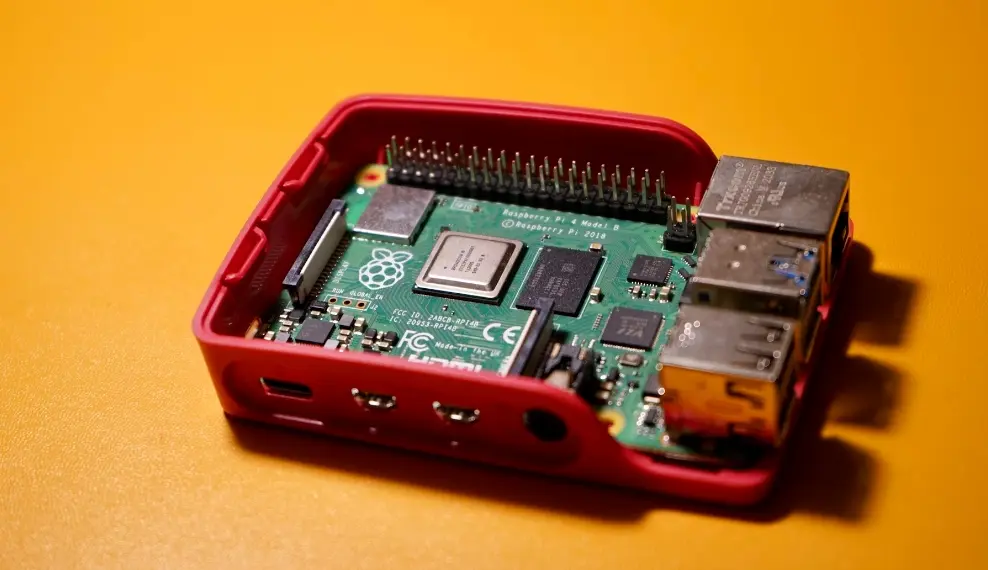
What Is a Supplier’s Declaration of Conformity (SDoC)?
SDoC is a procedure outlined under fcc part 15, primarily applicable to most unintentional radiators—devices that generate but do not intentionally emit radiofrequency energy.
Manufacturers or importers must test their products against relevant technical standards and issue an SDoC accordingly. The declaration is typically signed by a responsible party within the company and includes supporting test reports.
The SDoC is one of the primary compliance documents requiRED to market products in the U.S. It is often requested by government authorities, distributors, retailers, and platforms like Amazon.
Which Products Require an SDoC?
SDoC is generally required for unintentional radiators, such as:
1. LED lighting
2. Power banks
3. Coffee machines and electric fans
4. Computers, keyboards, and MICe
These devices may emit RF energy during operation but are not designed to intentionally transmit signals.
Products not covered by SDoC include:
1. Homemade devices for personal use
2. Automotive electronics
3. Industrial or medical equipment
4. Systems using power line communication
What Information Should Be Included in an SDoC?
1. Product Identification
Include model number, SKU, batch ID, and optionally, product images. This information must match the test report and user manual.
2. Responsible Party Information (Must Be U.S.-Based)
Include the company name, address, contact person, phone or email, and a signed declaration by the responsible individual.
3. Compliance Statement (Recommended Wording):
> This device complies with Part 15 of the FCC Rules.
> Operation is subject to the following two conditions:
> (1) This device may not cause harmful interference; and
> (2) This device must accept any interference received, including interference that may cause undesired operation.
4. Supporting Documents
Include test reports, user manuals, and any relevant technical documentation.
Is Testing Required Before Issuing an SDoC?
Yes. Even though the SDoC is self-issued, the product must be testedto verify compliance with applicable fcc standards.
While FCC-recognized labs are not mandatory for SDoC, using a qualified third-party testing laboratoryis highly recommended to ensure reliable results.
Cost of Obtaining an SDoC
While the SDoC itself is free to issue, associated costs include:
Laboratory Testing: Starting from around \$698 USD; higher for complex devices.
SDoC Preparation Services: Around \$489–\$699 USDif outsourced to a testing or compliance firm.
Examples of SDoC service providers:
1. JJR Labs (China)
2. TÜV
3. SGS
Can a Non-U.S. Company Issue an SDoC?
No. The responsible party listed on the SDoC must be a U.S.-based company or representative.
Overseas manufacturers are advised to appoint a U.S. representativeor a Telecommunication Certification Body (TCB)as the responsible party.
Can I Receive an SDoC from an Overseas Manufacturer?
Yes, but ensure that:
1. The responsible party listed is a valid U.S.-based entity
2. You verify that the U.S. representative has authority to issue the declaration
3. The SDoC applies to your specific product and that the test reports are valid
How Is SDoC Different from FCC Certification?
SDoC Characteristics:
1. Self-issued by manufacturer or importer
2. Does not require FCC-recognized lab testing
3. Suitable for most unintentional radiators
Certification Characteristics:
1. Must be issued by an FCC-authorized TCB
2. Testing must be conducted by an FCC-recognized laboratory
3. Required for all intentional radiators and some unintentional radiators
Examples of devices that require certification:
1. Wireless headphones, Bluetooth speakers
2. Smartphones, wireless chargers
3. Scanning receivers, radar detectors
4. Power line communication devices
Does fcc part 18 Also Require an SDoC?
Some industrial, scientific, and medical (ISM) devicesregulated under FCC Part 18may also require SDoC or certification.
You should verify your product category and applicable FCC rulesin advance to determine the appropriate authorization procedure.
Email:hello@jjrlab.com
Write your message here and send it to us
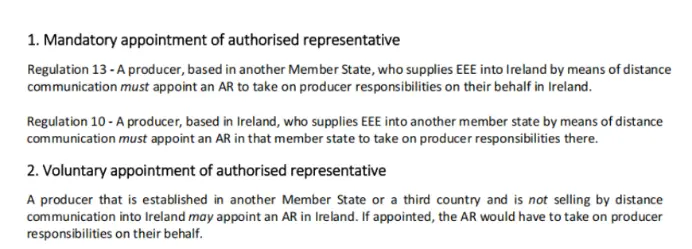 Irish Battery Act Requires an Authorised Represent
Irish Battery Act Requires an Authorised Represent
 Swedish Battery Act Requires an Authorised Represe
Swedish Battery Act Requires an Authorised Represe
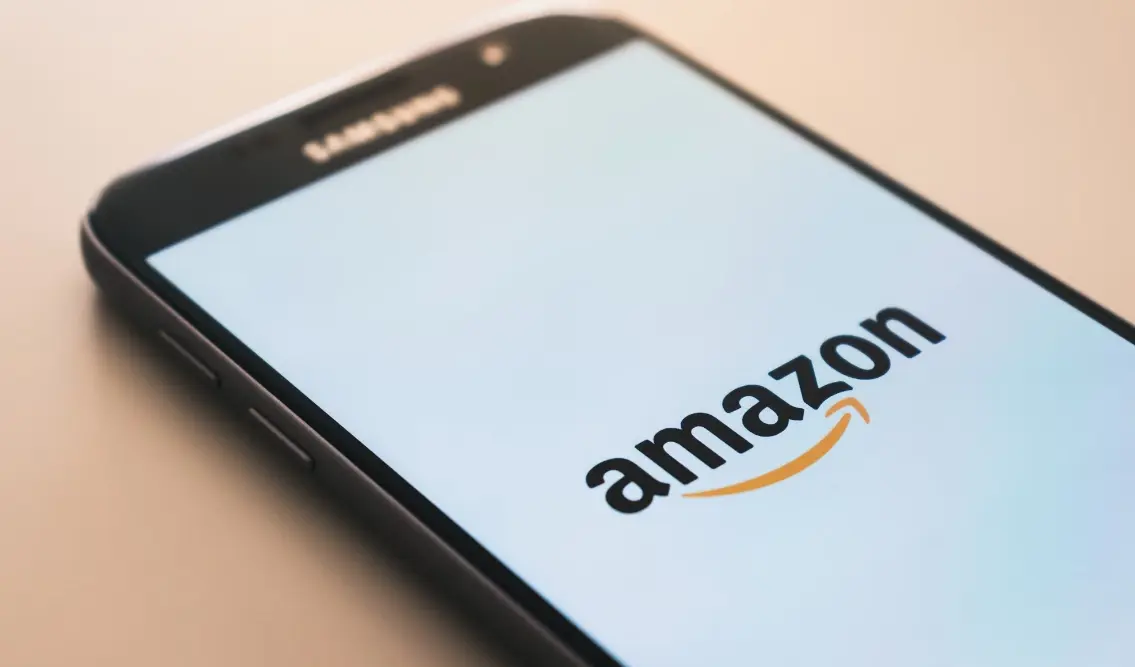 Amazon TIC Provider
Amazon TIC Provider
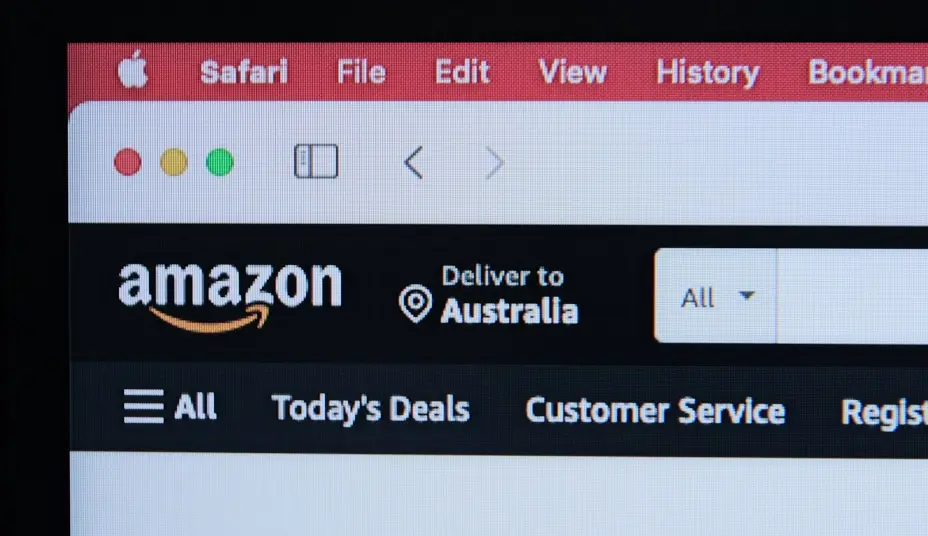 Amazon Battery and Charger Requirements
Amazon Battery and Charger Requirements
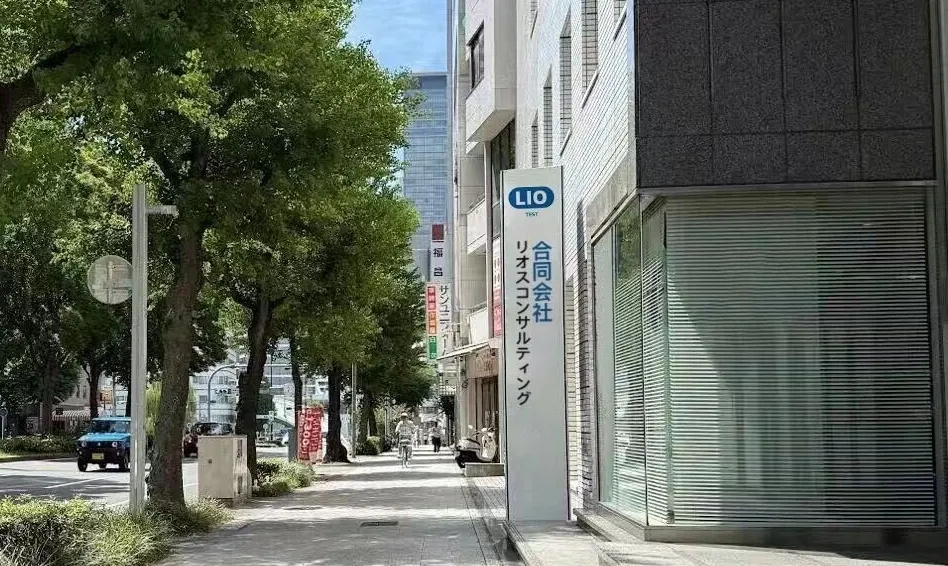 Amazon Japan METI A Domestic Administrator Service
Amazon Japan METI A Domestic Administrator Service
 What is "Amazon Japan PSE: A Domestic Adminis
What is "Amazon Japan PSE: A Domestic Adminis
 What Does "ASTM F963-17 Certified" Mean?
What Does "ASTM F963-17 Certified" Mean?
 ASTM F963 Board Games Compliance Testing
ASTM F963 Board Games Compliance Testing
Leave us a message
24-hour online customer service at any time to respond, so that you worry!




